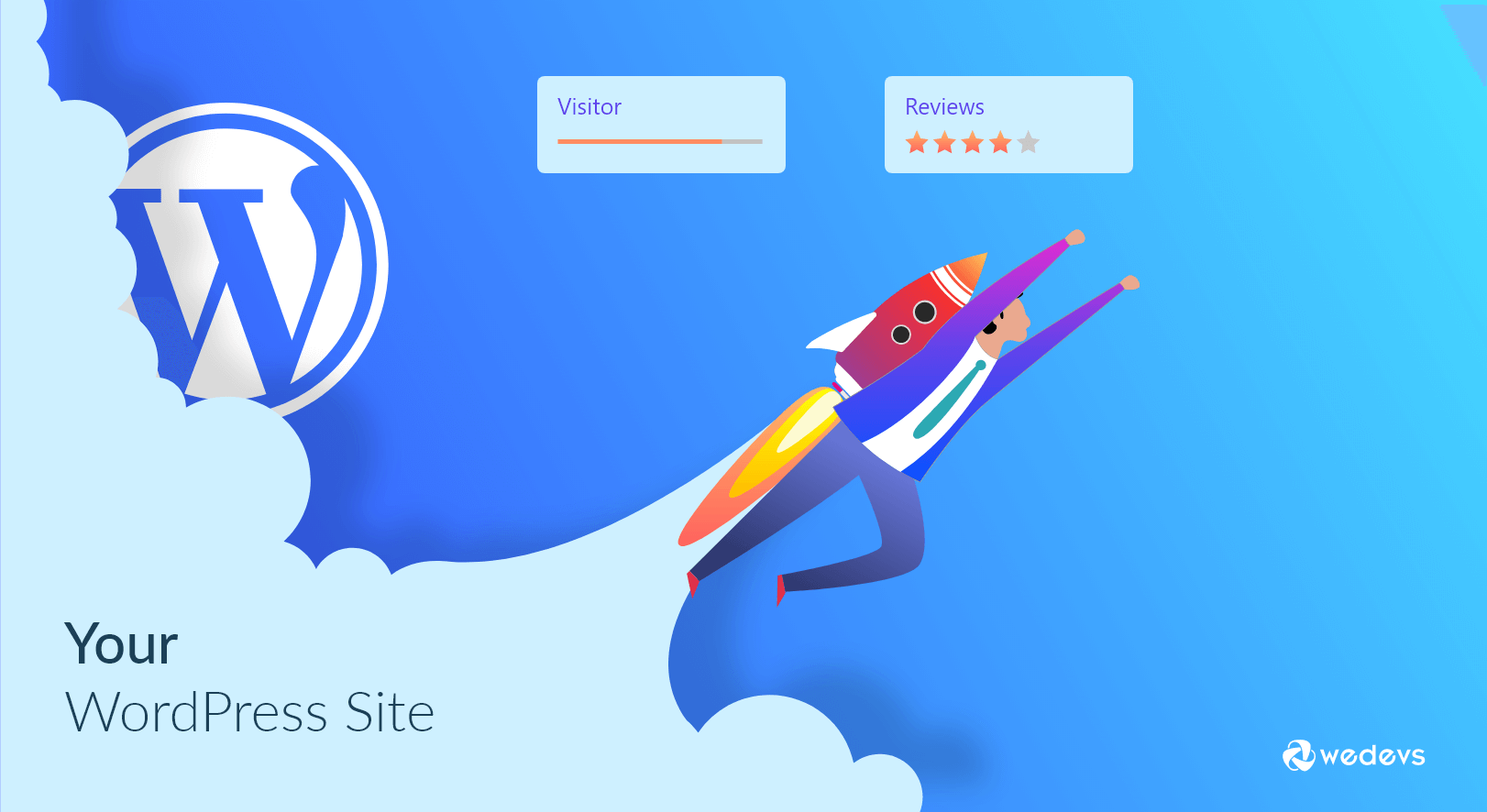Page load speed is the most important thing you should improve on your WordPress website, as it forms the backbone of what’s demanded to be improved in user experience, upselling conversions, and SEO rankings. Here are a few effective strategies that will help boost the loading times for your site.
Optimize Images
Large images can really slow down your website. Compress all the images so that they load faster. Tools like Adobe Photoshop and online services such as TinyPNG compress images without losing quality. You could also opt for the WebP format which offers much better compression than JPEGs. Finally, enable lazy loading, loads images only when they enter the viewport, which further reduces the time taken for the initial load.
Use a Caching Plugin
Caching plugins serve a static copy of your website, so this reduces the server load and quickens page delivery. Popular options include WP Super Cache, W3 Total Cache, as well as LiteSpeed Cache. Options in browser, page, and object caching ensure repeat visitors have rapid access to your content.
Minimize HTTP Requests
Every element on a web page, whether script or stylesheet, makes a separate HTTP request. Reducing the number of requests can significantly speed up load times. Where possible, have lots of CSS and JavaScript files minified into one file, and where possible remove as many plugins as you can for unnecessary scripts. Tools such as GTmetrix or Pingdom will help you understand how many requests your site is making and what elements can be optimized.
Enable Gzip Compression
Most importantly, compressing file sizes with Gzip prevents the web server from having to transmit too much data to the browser, which essentially brings down the time it takes to load the page. Most web hosts support Gzip, and you may activate it with your .htaccess file or through a caching plugin that includes Gzip options. In some cases, this can compress file sizes by as much as 70% leading to obvious impacts on a site’s loading times.
Optimize Your Database
This is the case with a WordPress database that, over time becomes bloated with old post revisions, spam comments, and transient options. You can optimize your database for performance reasons on a regular basis. You may like to have plugins such as WP-Optimize or WP-Sweep in order to keep your database squeaky clean by removing what isn’t needed. Another good practice is scheduling database maintenance regularly so that your site stays up and running.
Choose a Trusted Hosting Provider
But your hosting provider will actually play the biggest role in making your website fast. Shared hosting slows things down significantly during heavy traffic, so that may be something to upgrade at least to a VPS or managed WordPress hosting, but even the better performance and scalability of these should also make you consider those features like built-in caching, SSD storage, and robust support for WordPress.
Use Content Delivery Networks (CDNs)
A Content Delivery Network (CDN) will make copies of your site’s content on many different servers around the world so that users can access the location nearest to your site and minimize latency as well as make load times faster. Usually, you can get these services through services like Cloudflare, StackPath, or Amazon CloudFront. A CDN can have a huge impact on making your site run faster, especially with a global audience.
Limit External Scripts
Another thing dragging your site down is third-party scripts that include ads, font loaders, and analytics. It will be a good idea to evaluate what scripts are really needed and getting rid of or deferring non-critical scripts. In doing so, tools such as Async JavaScript can then take care of how and when your scripts are loading, never blocking rendering.
Conclusion
Improving page load speed on your WordPress site is a many-faceted process requiring careful attention to detail. Optimizing your images, using caching, and cutting down on HTTP requests as well as having Gzip compression enabled on your server will make your site, or at least the first page, load much faster and quicker. Good hosting as well as a CDN should also help the overall performance of your site so your visitors will enjoy a smoother experience while you get better search engine rankings. Regularly check for any further speed optimization over your site using tools like Google PageSpeed Insights.
